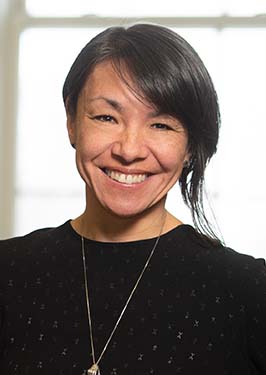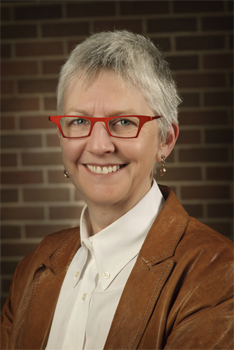Following a one-year review period, the internal expert panel tasked with reviewing York University’s security services and identifying opportunities to improve equity, diversity and inclusion within the University’s security model has released its final report.
A summary and the full report, along with a statement of receipt from co-sponsors Vice-President Finance and Administration Carol McAulay and Interim Vice-President Equity, People and Culture Alice Pitt is available on the security services review website.
The security services review emerged in response to a long history of concerns from equity-deserving groups about security activity at the University, including feelings of racial discrimination and harassment, shared experiences of racial profiling and surveillance on campus and general lack of support. In response, the University released its Action Plan on Black inclusion: A Living Document for Action in December 2021 and identified a thorough review of York’s security services as a commitment and action.
The final report contains several recommendations informed by comprehensive research, written submissions from the University community and a variety of education sessions, town halls, meetings and focus groups with equity-deserving groups and the broader community. The overarching recommendation from the panel is for the University to transition away from the current law enforcement model that guides its security activities and implement a community-centric model. The panel identifies seven core elements of a community centric approach to safety – it is bias-free, transparent and accountable, diverse and specialized, community-focused and collaborative, representative, provides equity training and is organizationally aligned.
“The research and consultation conducted for this review leads to an undeniable conclusion,” said Carl James, a professor in the Faculty of Education, senior advisor on equity and representation to the University in the Division of Equity, People and Culture and member of the security services review expert panel. “To serve the University’s highly diverse community, York must ensure its commitment to equity, diversity, inclusion and decolonization is embedded within its security model. This includes initial transition work and continuous reinforcement to ensure daily security activities are aligned with the principles of a community-centric approach to safety.”
The review of York’s security services aims to build on the University’s commitment to strengthen decolonization, equity, diversity and inclusion (DEDI) efforts on campus and take action in response to community consultations. This includes recommendations related to community safety operating procedures from Justice Thomas A. Cromwell’s Independent External Review and the President’s Initiative on Open & Respectful Dialogue. As part of this initiative, the Community Safety Department engaged in a full review of its operating procedures, revised them to strengthen safety and event risk responsibility and implemented training for all staff. Many recommendations in the security services review call for further review of operating procedures and policies with the lens of decolonization, equity, diversity and inclusion.
Over the next several weeks, the University will form a security services review (SSR) task force to review the recommendations and determine the path toward implementation. The task force will be co-chaired by McAulay and Pitt and supported by the executive director of community safety and an advisory committee comprised of the current SSR review team and internal expert panel. Over the spring and summer, the committee will hold several consultation sessions with individuals, groups and the broader community to gather feedback and inform implementation. Throughout the process, the review’s co-sponsors will keep the community apprised of progress and key milestones, including the composition of the working group and upcoming engagement opportunities.
“The release of the final report is an important milestone, but it is not the end of the journey,” said McAulay. “We are grateful to the many individuals who volunteered their time to share stories, opinions, suggestions and recommendations based on their lived experience and knowledge. Community consultation will remain a cornerstone as we endeavour toward implementation.”















